The Intersection of Psychology and Marketing in Educational Programs
Psychology and marketing are two fields that may seem unrelated at first glance, but when it comes to educational programs, the intersection of these two disciplines is crucial. Understanding the psychological principles that influence human behavior can help marketers design more effective educational programs that cater to the needs and desires of their target audience.
- 1/14/2024
- 4 min read
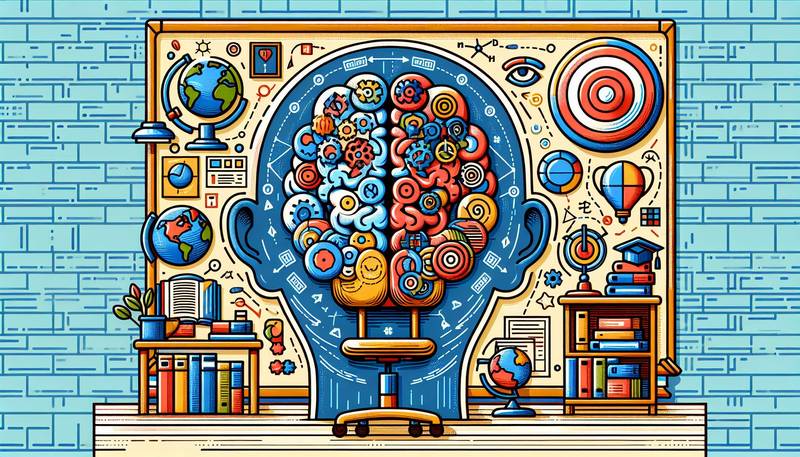 Click
to read the article
Click
to read the article
In this article, we will explore how psychology and marketing intersect in educational programs, and how this intersection can lead to more successful outcomes for both students and educators.
The Power of Persuasion
One of the key ways in which psychology and marketing intersect in educational programs is through the use of persuasion techniques. Marketers often employ psychological principles such as social proof, scarcity, and authority to persuade consumers to buy their products or services. Similarly, educators can use these same principles to influence student behavior and motivate them to engage in the learning process.
For example, social proof is a psychological phenomenon in which people are more likely to take a certain action if they see others doing the same. Educators can leverage social proof by highlighting the achievements of past students or showcasing testimonials from satisfied learners. This can create a sense of community and belonging among students, encouraging them to stay engaged and motivated.
Understanding Cognitive Biases
Another important aspect of the intersection between psychology and marketing in educational programs is the understanding of cognitive biases. Cognitive biases are inherent flaws in human thinking that can affect decision-making and behavior. Marketers often exploit these biases to influence consumer choices, but educators can also use them to their advantage.
For instance, the availability heuristic is a cognitive bias in which people make decisions based on readily available information, rather than considering all relevant factors. Educators can use this bias to grab students' attention and make key concepts more memorable by presenting information in a compelling and easily accessible way.
Leveraging Emotional Appeal
Emotions play a significant role in both psychology and marketing, and educators can leverage emotional appeal to create more engaging and impactful educational programs. By appealing to students' emotions, educators can make learning more memorable and increase motivation.
For example, storytelling is a powerful method that can evoke emotions and make complex concepts more relatable. Educators can use stories to help students connect with the material on a deeper level and inspire them to take action. Additionally, creating a positive and supportive learning environment can foster a sense of belonging and emotional well-being among students, leading to better academic performance and overall satisfaction.
Personalization and Customization
In today's digital age, personalized marketing has become increasingly prevalent, as companies use data and analytics to tailor their messages to individual preferences and behaviors. Similarly, educators can embrace personalization and customization in educational programs to cater to the unique needs and learning styles of each student.
By understanding students' motivations, preferences, and challenges, educators can create tailored learning experiences that are more engaging and effective. This can involve adapting teaching methods, content delivery, and assessment strategies to accommodate different learning styles and abilities. Personalization can help students feel more connected to the material and can increase their motivation to learn and succeed.
Conclusion
The intersection of psychology and marketing in educational programs is a powerful tool that can help educators create more engaging and effective learning experiences for students. By understanding the psychological principles that influence human behavior and leveraging marketing techniques to motivate and engage learners, educators can improve academic outcomes and foster a positive learning environment. By embracing the power of persuasion, understanding cognitive biases, leveraging emotional appeal, and embracing personalization and customization, educators can create educational programs that resonate with students and inspire them to achieve their full potential.
Recent posts
Random news
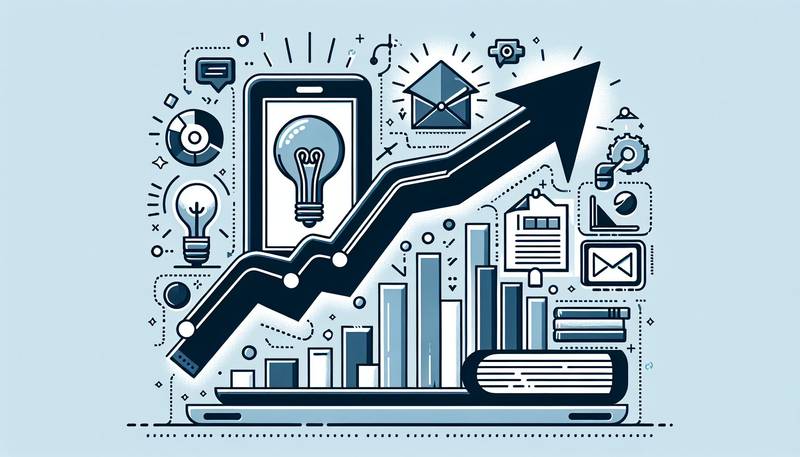
The Growth of E-commerce and its Impact on Marketing Education
- 2023-12-25T00:00:00Z
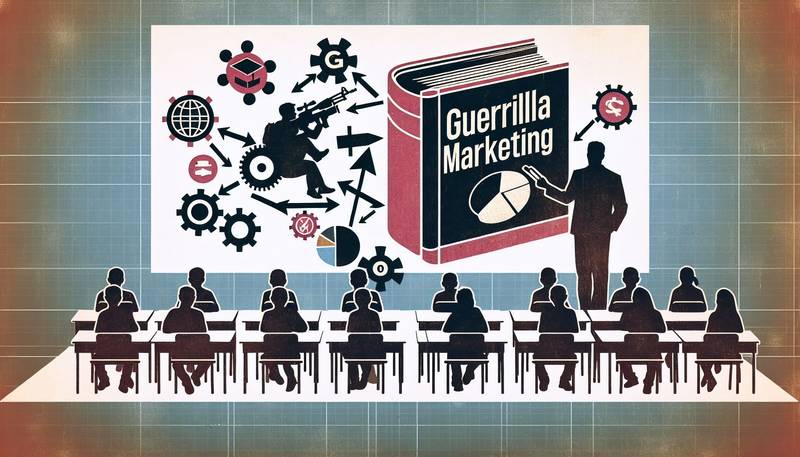
The Relevance of Guerrilla Marketing in Educational Curricula
- 2024-01-01T00:00:00Z
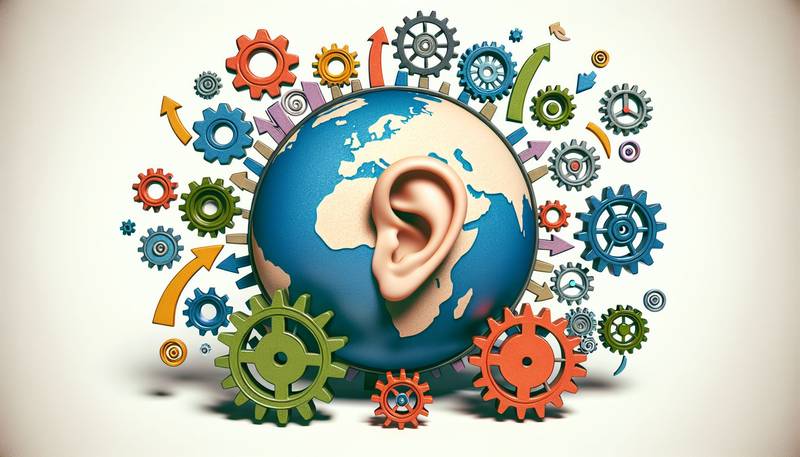
Teaching Customer-Centric Marketing Strategies
- 2023-12-30T00:00:00Z
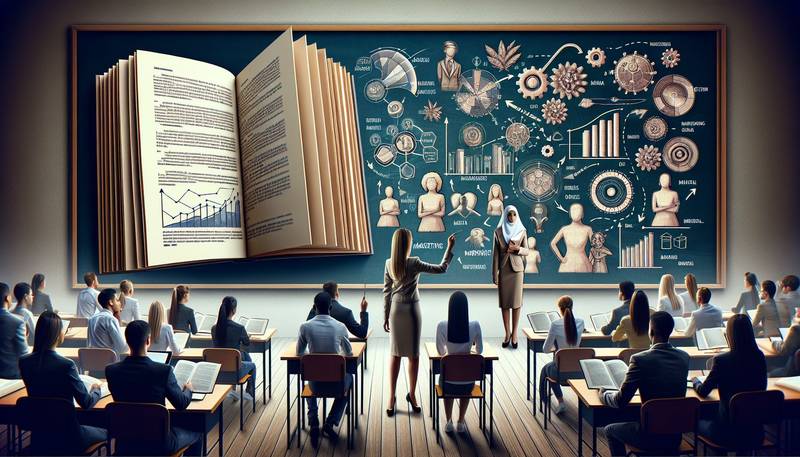
Utilizing Case Studies in Marketing Education for Real-World Learning
- 2024-01-15T00:00:00Z

Sustainability and Ethics in Modern Marketing Education
- 2024-02-27T00:00:00Z

Leveraging Big Data in Marketing Education
- 2023-12-31T00:00:00Z
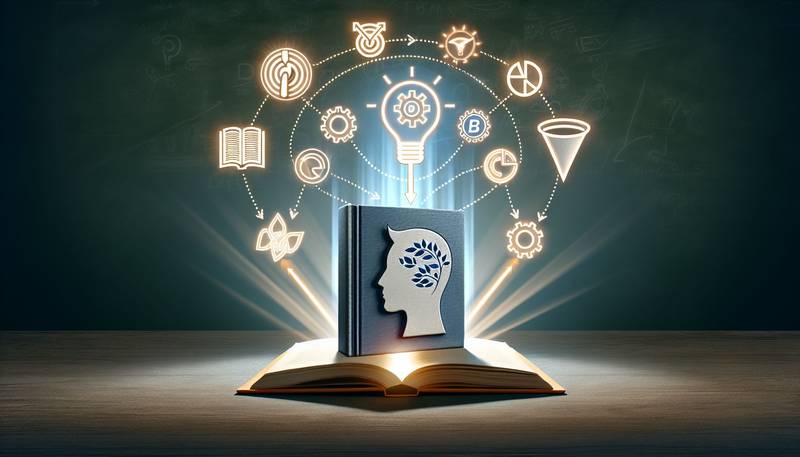
Personal Branding and its Importance in Marketing Education
- 2024-02-10T00:00:00Z
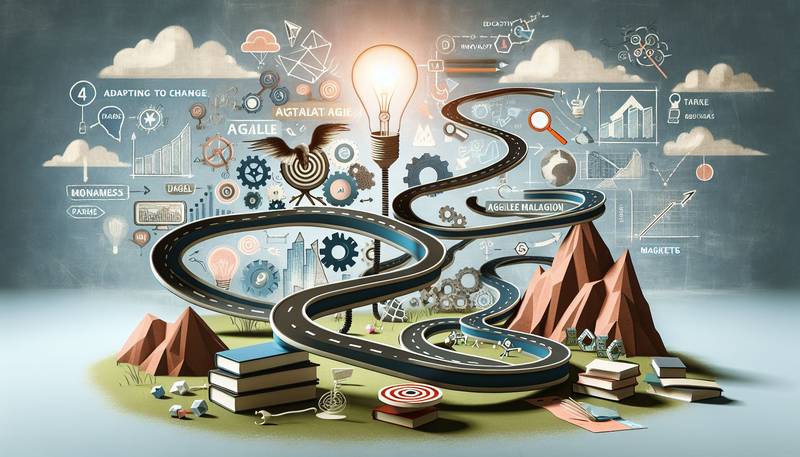
Adapting to Change: Agile Methodologies in Marketing Education
- 2024-02-14T00:00:00Z

The Intersection of Psychology and Marketing in Educational Programs
- 2024-01-14T00:00:00Z
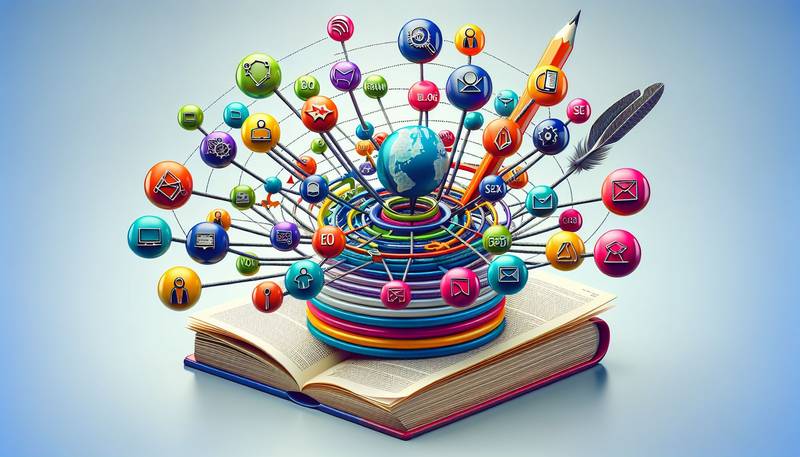
Content Marketing: Crafting a Core Component of Marketing Education
- 2023-12-18T00:00:00Z

The Importance of Cultural Competency in Global Marketing Education
- 2024-01-15T00:00:00Z
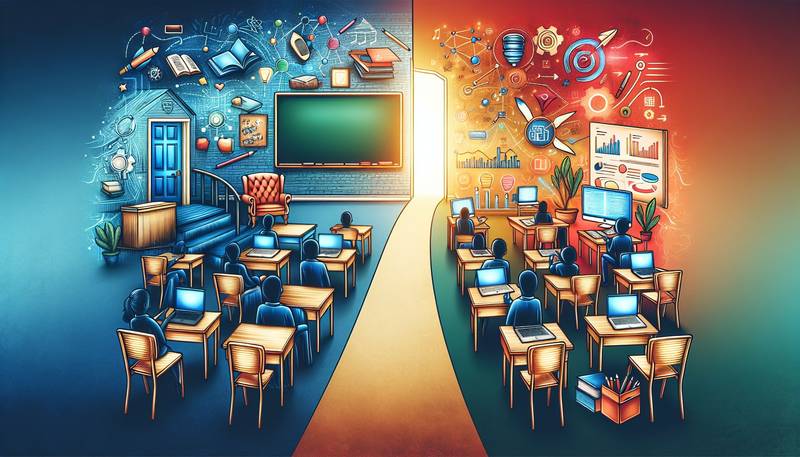
Building a Successful Career in Marketing through Education
- 2024-01-04T00:00:00Z
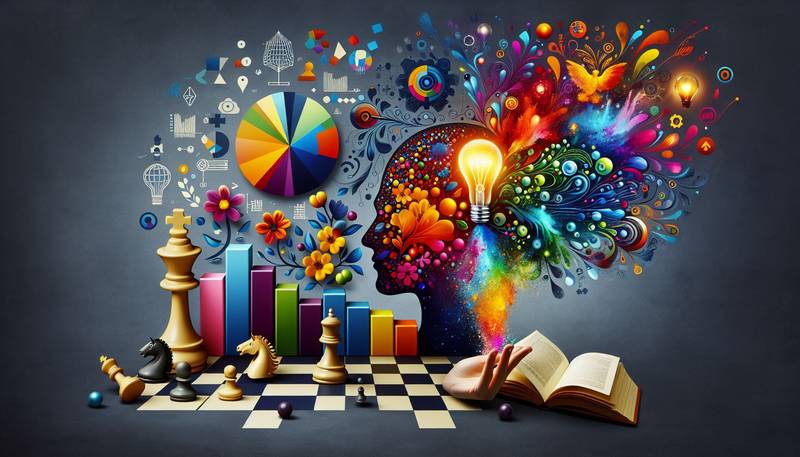
The Power of Visual Storytelling in Marketing Education
- 2024-02-05T00:00:00Z

Influencer Marketing: Teaching the New Age of Endorsement
- 2024-02-09T00:00:00Z

Building Collaborative Skills in Marketing Students through Team-Based Projects
- 2024-02-10T00:00:00Z
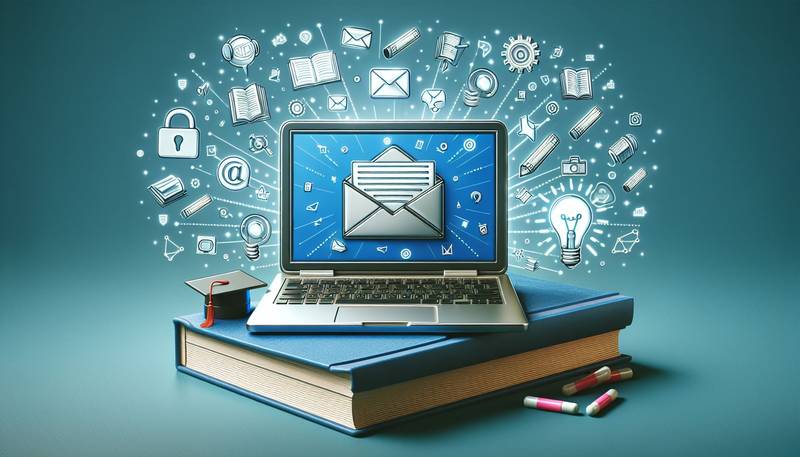
Email Marketing: An Indispensable Skill in Marketing Education
- 2024-01-27T00:00:00Z

Blending Traditional and Digital Marketing in Education Programs
- 2024-02-20T00:00:00Z
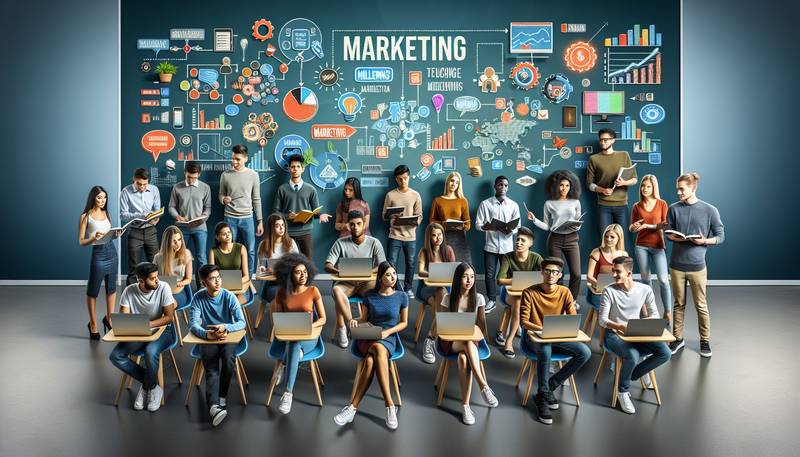
Engaging Millennials and Gen Z in Marketing Education
- 2024-01-10T00:00:00Z
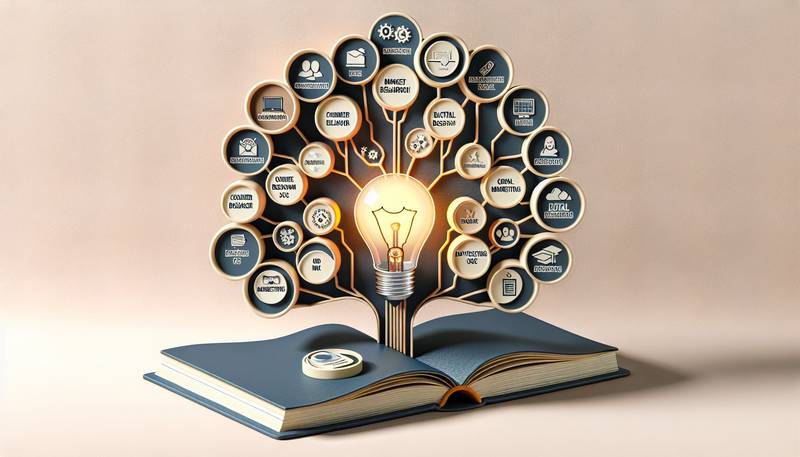
Branding Basics: An Essential Course in Marketing Education
- 2024-02-27T00:00:00Z

Mobile Marketing: Education for the Smartphone Era
- 2024-01-13T00:00:00Z

The Synergy between Marketing and Sales: An Educational Perspective
- 2024-02-26T00:00:00Z
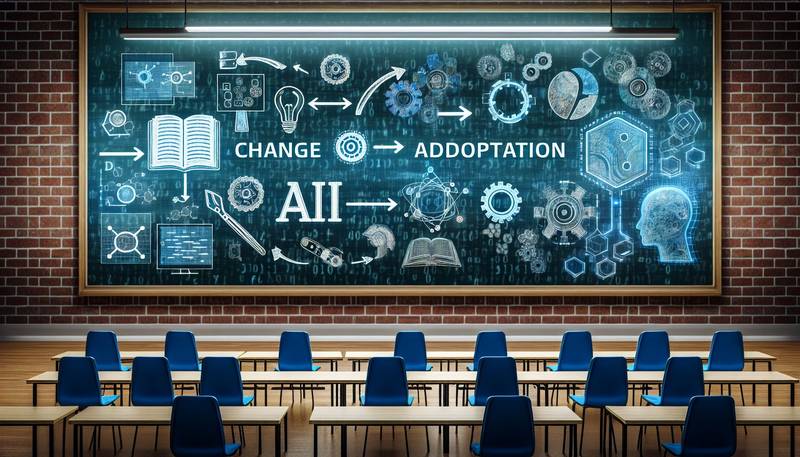
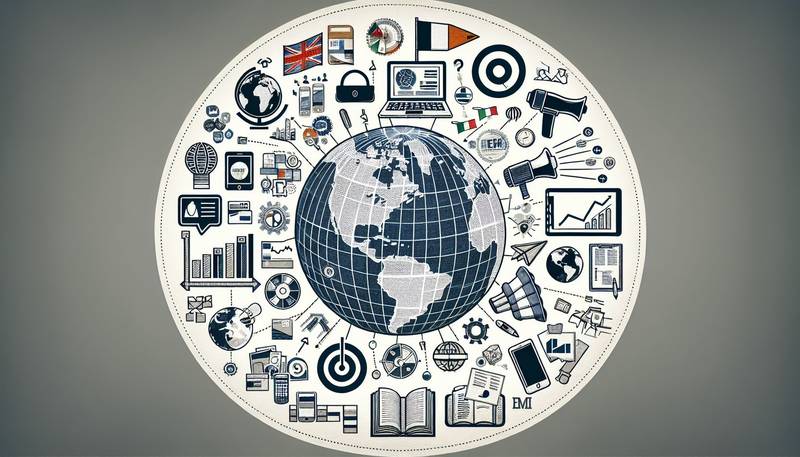
Cross-Cultural Marketing Education: Preparing for Global Challenges
- 2024-03-02T00:00:00Z
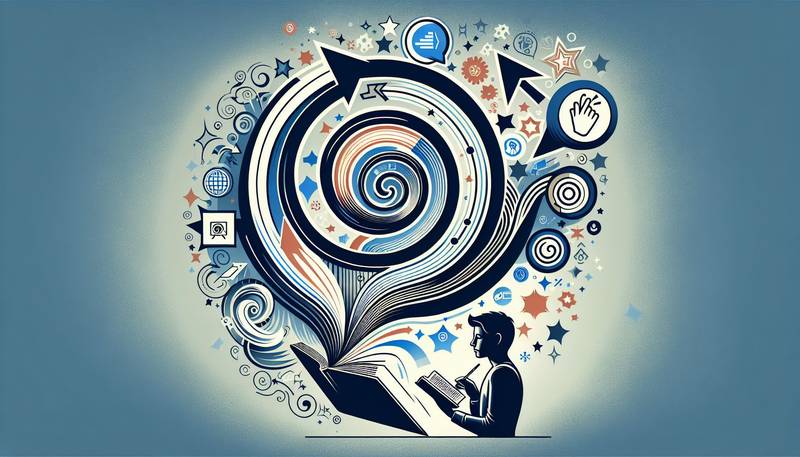
Staying Ahead: Continuous Learning in Marketing
- 2023-12-04T00:00:00Z
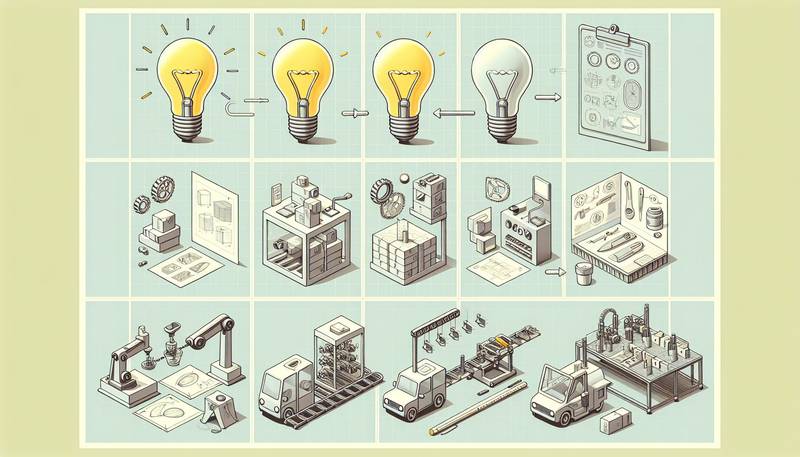
From Concept to Market: The Product Development Process
- 2024-02-25T00:00:00Z
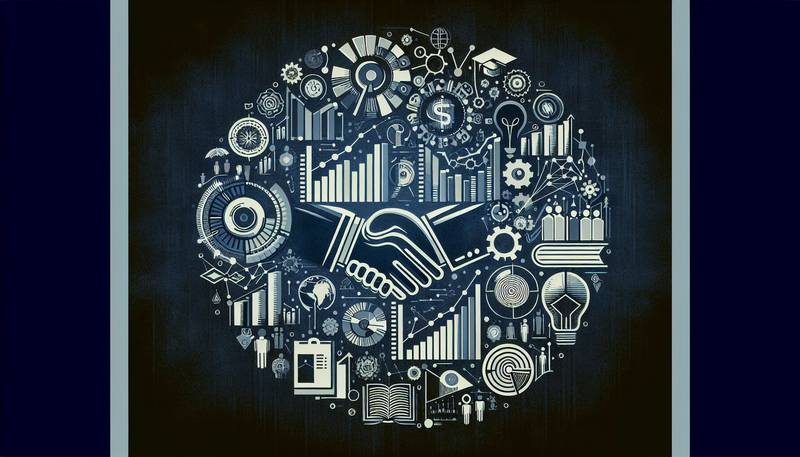
Personal Selling and Sales Management in Marketing Education
- 2023-12-30T00:00:00Z

How to Design an Effective Marketing Education Curriculum
- 2024-03-01T00:00:00Z
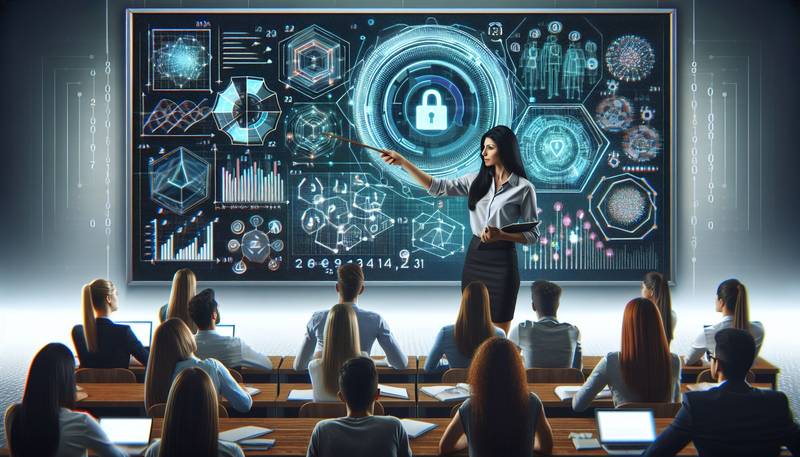
Teaching the Future: Predictive Analytics in Marketing Education
- 2023-12-03T00:00:00Z

Developing Leadership Skills through Marketing Education
- 2024-02-13T00:00:00Z

Marketing Automation: Teaching the Tools of Efficiency
- 2023-12-18T00:00:00Z

Crisis Management and Communication in Marketing Education
- 2024-01-14T00:00:00Z
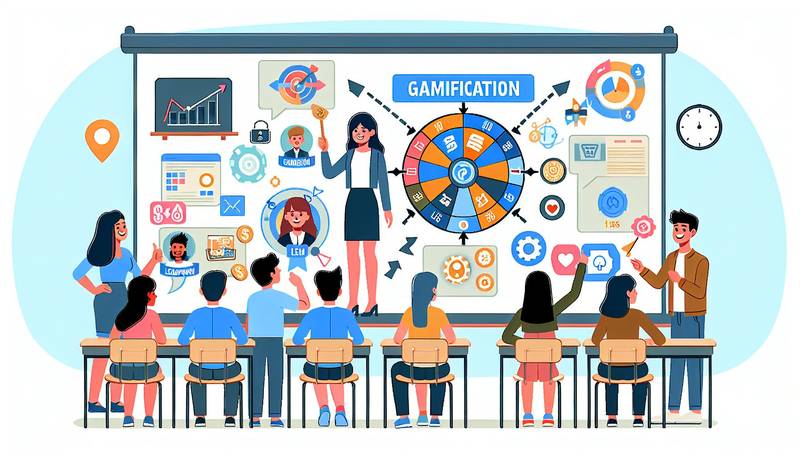
How to Effectively Use Gamification in Marketing Education
- 2024-03-01T00:00:00Z
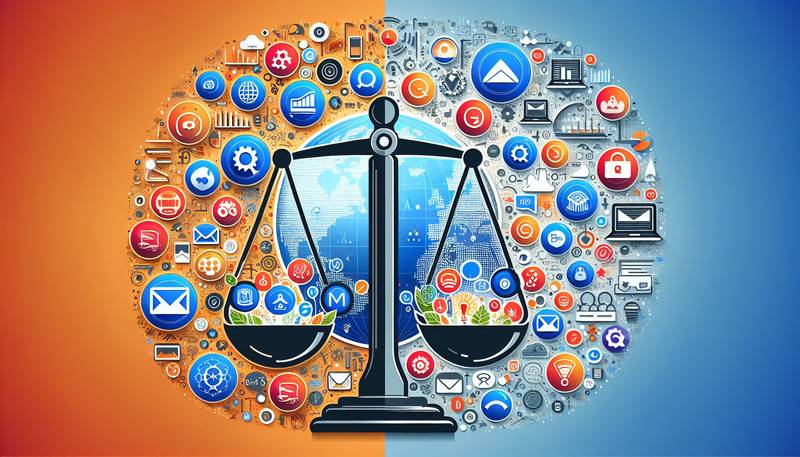
Understanding the Marketing Mix in Today's Digital World
- 2024-01-20T00:00:00Z

Understanding Consumer Behavior: A Foundation of Marketing Education
- 2024-01-07T00:00:00Z

Emerging Trends in Marketing Education for the 21st Century
- 2024-02-06T00:00:00Z
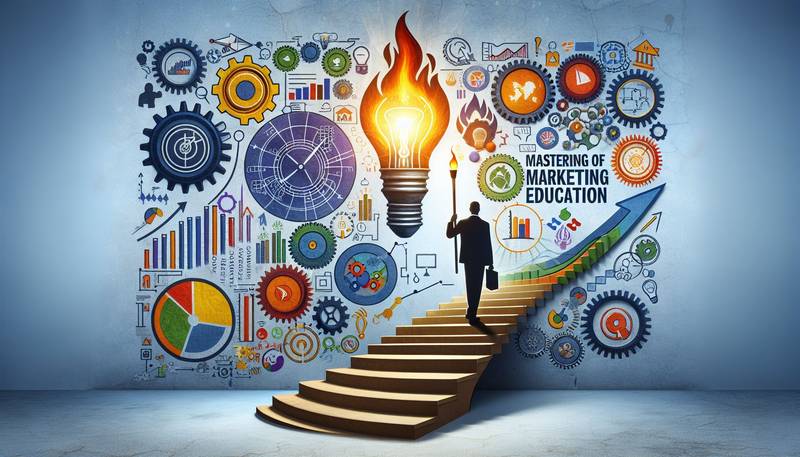
Mastering the Fundamentals of Marketing Education
- 2023-12-17T00:00:00Z

Integrating Customer Feedback into Marketing Educational Programs
- 2023-12-21T00:00:00Z

The Future of Marketing Education: Predictions and Preparations
- 2024-03-11T00:00:00Z
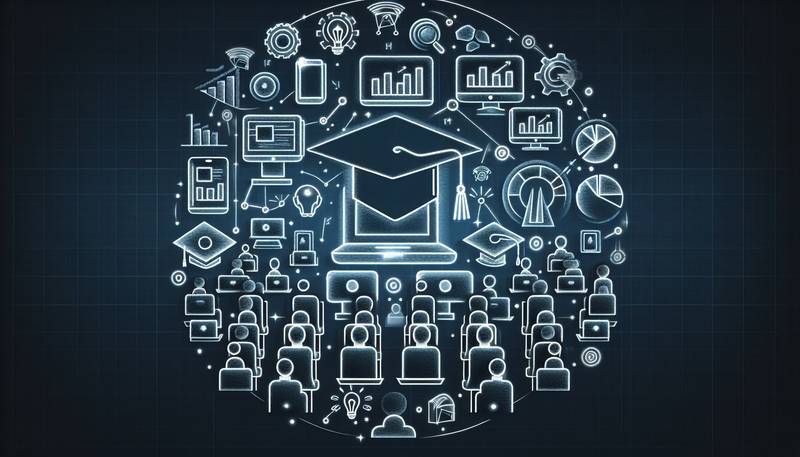
Integrating Digital Tools into Marketing Education
- 2024-02-22T00:00:00Z
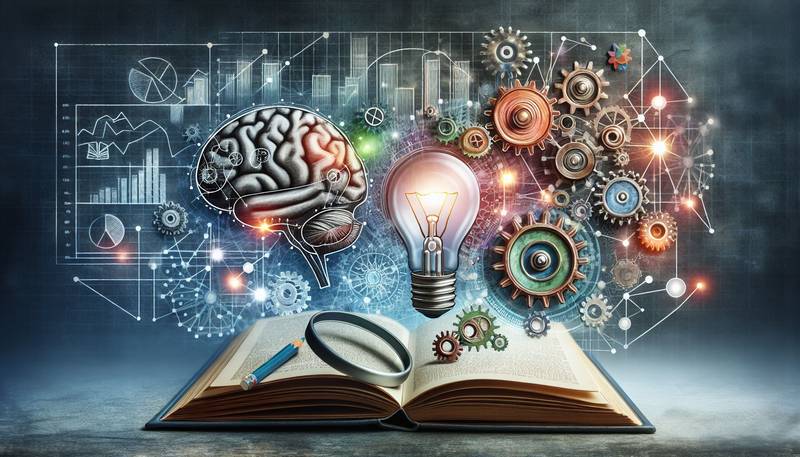
Strategic Marketing Planning: A Key Focus in Marketing Education
- 2024-02-23T00:00:00Z
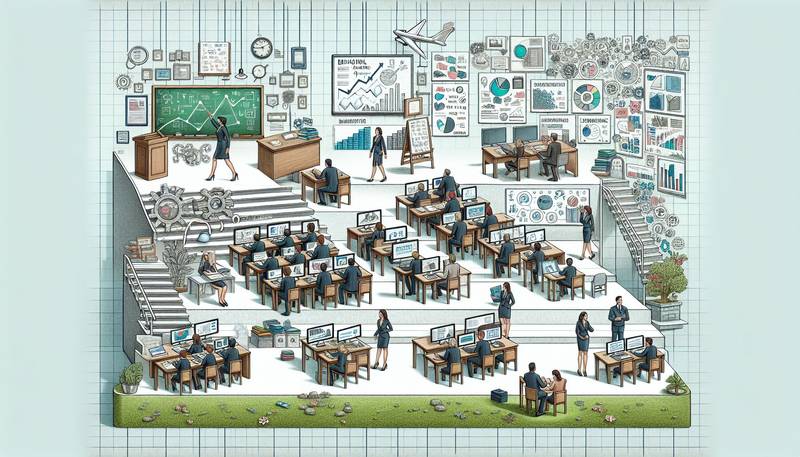
From Classroom to Career: Marketing Education Pathways
- 2024-03-04T00:00:00Z
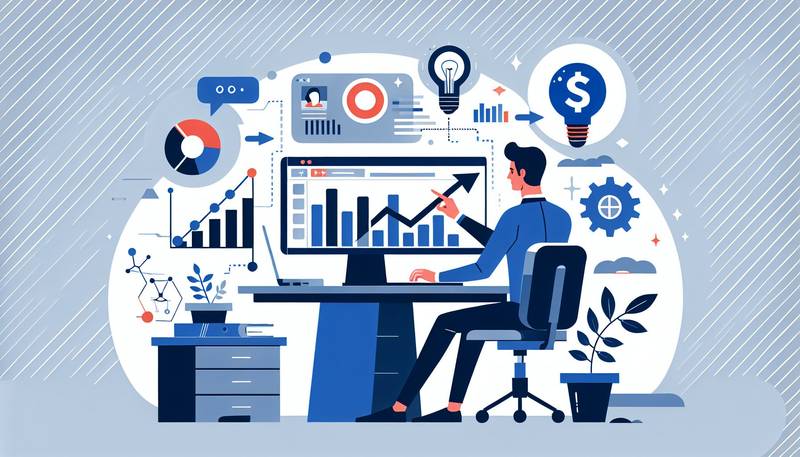
The Advantages of Online Marketing Education
- 2024-02-23T00:00:00Z
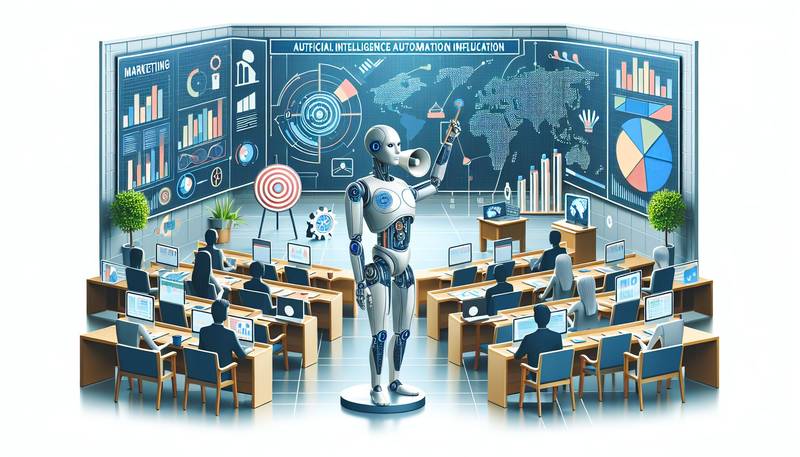
The Impact of AI and Automation on Marketing Education
- 2023-12-11T00:00:00Z
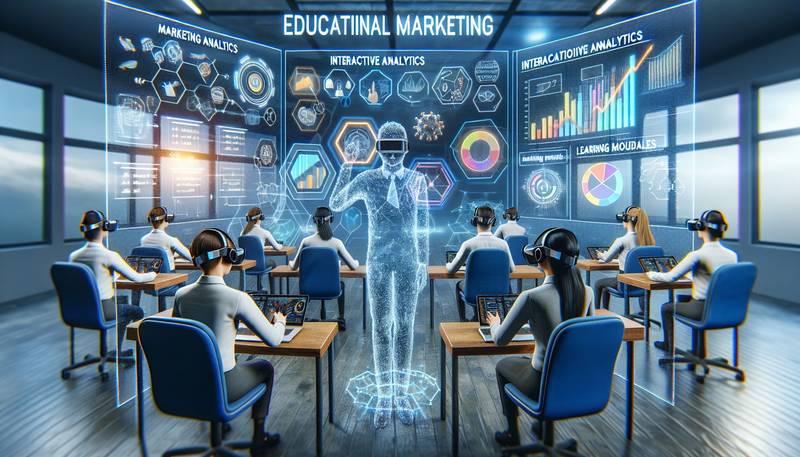
Utilizing Virtual Reality in Marketing Education
- 2024-01-01T00:00:00Z

Collaborative Learning in Marketing Education: Benefits and Strategies
- 2023-12-30T00:00:00Z

The Significance of Customer Relationship Management in Marketing Education
- 2024-01-29T00:00:00Z

Public Relations and Its Role in a Marketing Education
- 2023-12-11T00:00:00Z

Search Engine Optimization: A Must-Have Skill in Marketing Education
- 2024-02-15T00:00:00Z
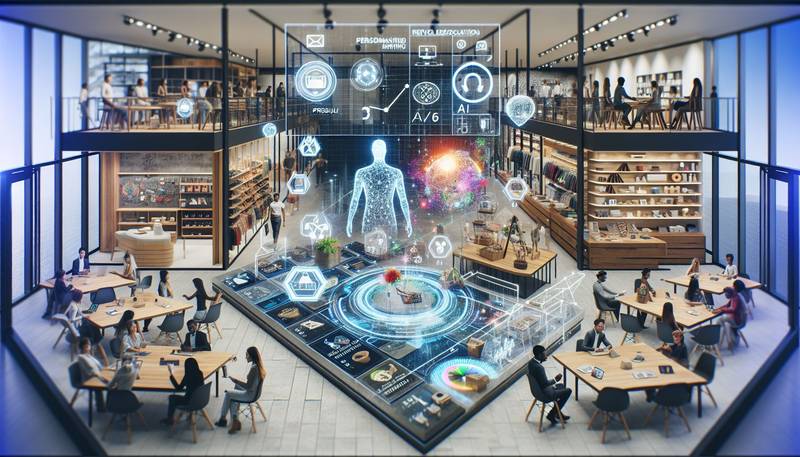
Innovation in Retail Marketing: Trends and Education
- 2024-03-07T00:00:00Z
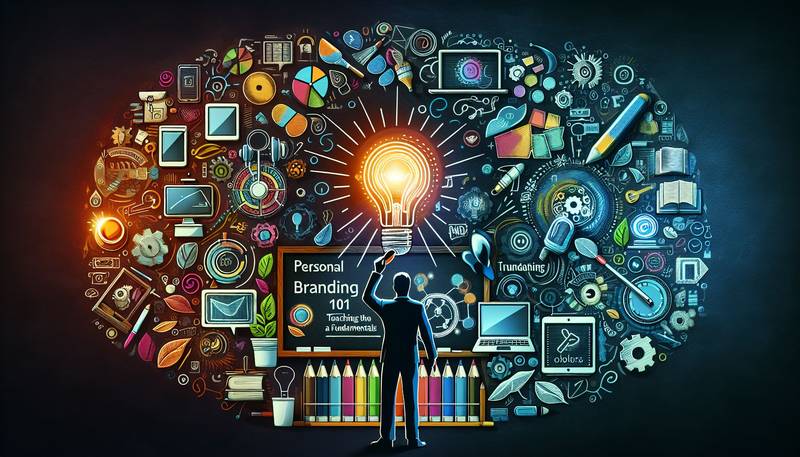
Personal Branding 101: Teaching the Fundamentals in a Digital Age
- 2023-12-03T00:00:00Z
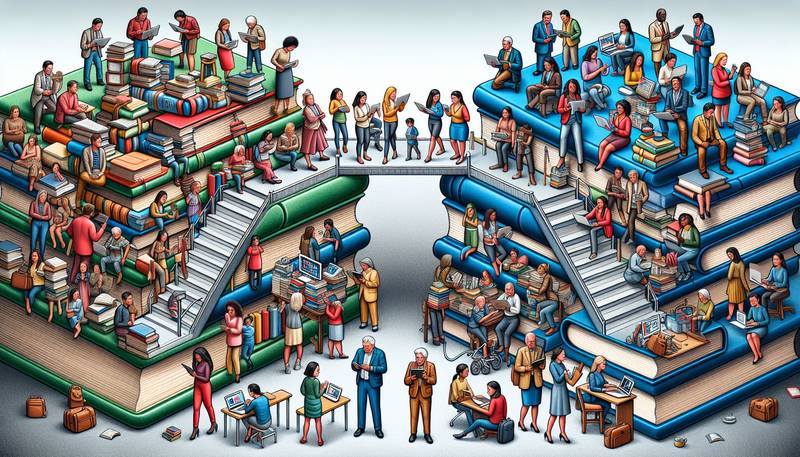
The Role of Experiential Learning in Shaping Tomorrow's Marketing Leaders
- 2024-02-16T00:00:00Z
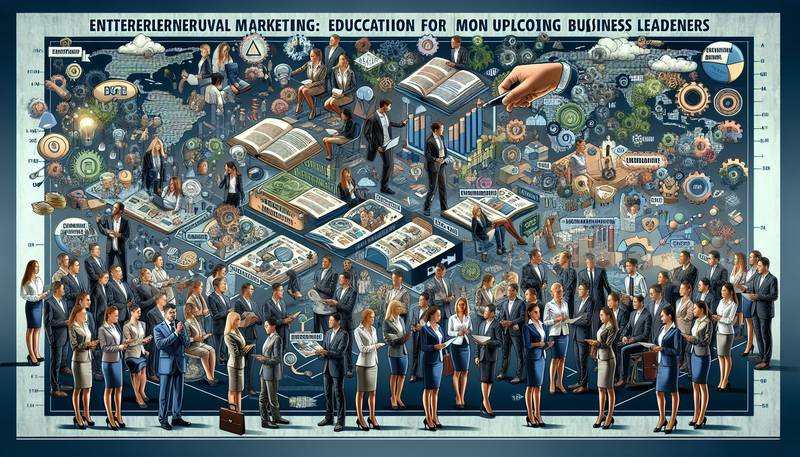
Entrepreneurial Marketing: Education for Upcoming Business Leaders
- 2024-01-06T00:00:00Z

Building and Managing Strong Brands: A Marketing Education Focus
- 2024-02-05T00:00:00Z
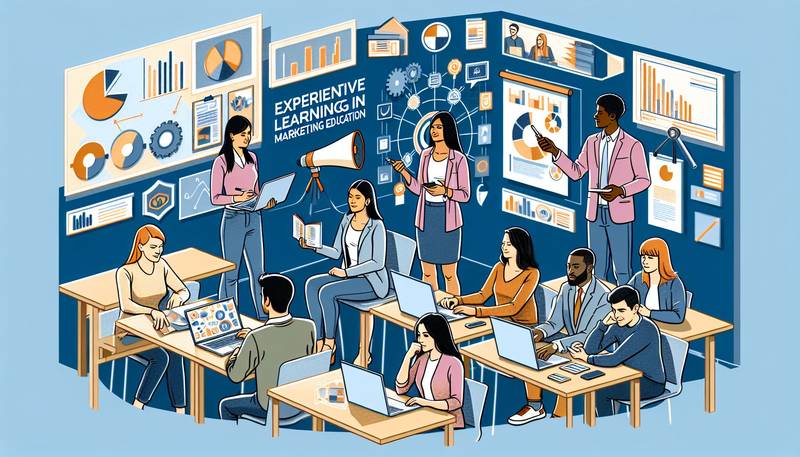
The Benefits of Experiential Learning in Marketing Education
- 2024-01-05T00:00:00Z
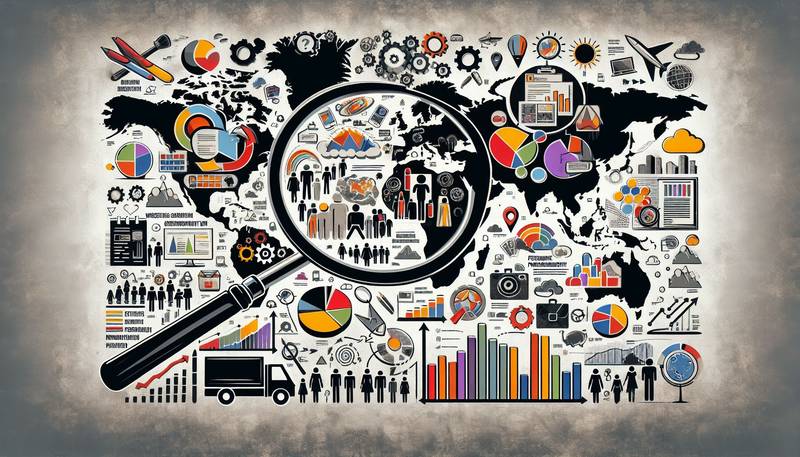
Developing Effective Marketing Communications Strategies
- 2024-01-30T00:00:00Z
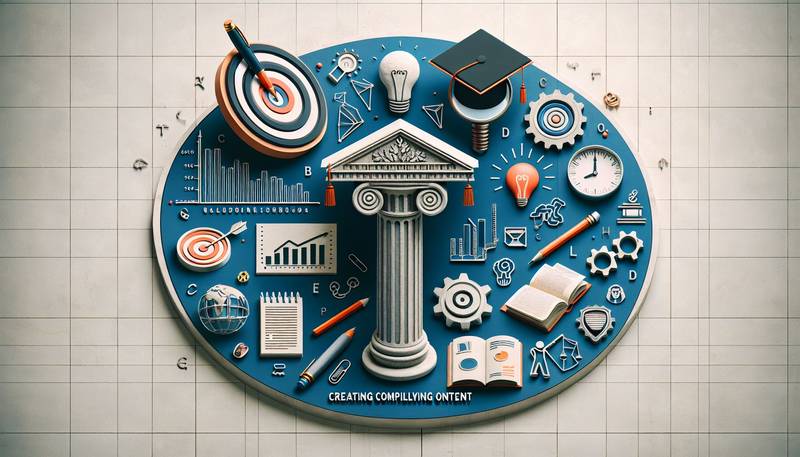
Creating Compelling Content: A Pillar of Marketing Education
- 2024-02-04T00:00:00Z
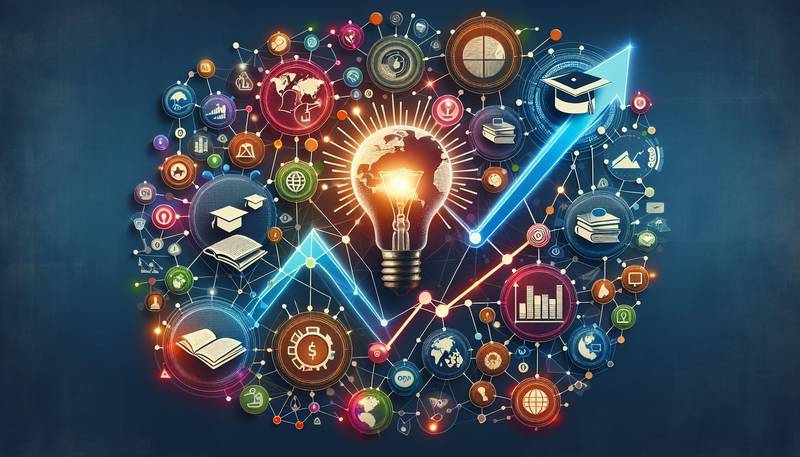
Viral Marketing: Strategies and Education
- 2024-01-22T00:00:00Z
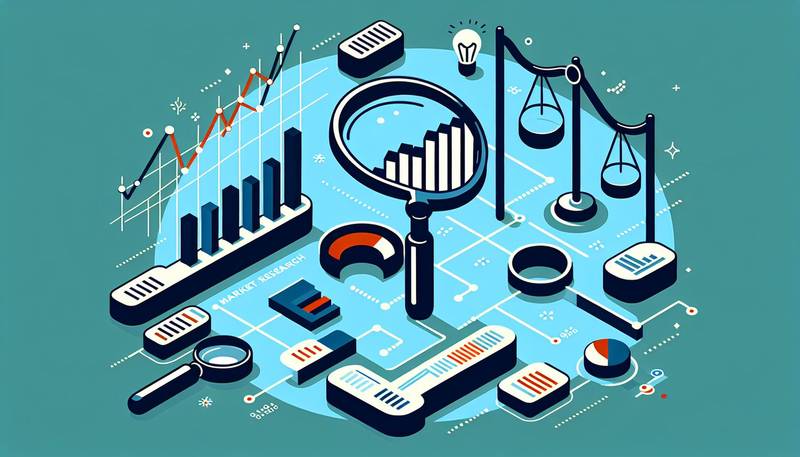
Teaching the Importance of Market Research in Decision Making
- 2024-03-07T00:00:00Z

Teaching the Art and Science of Pricing Strategies in Marketing
- 2024-01-10T00:00:00Z
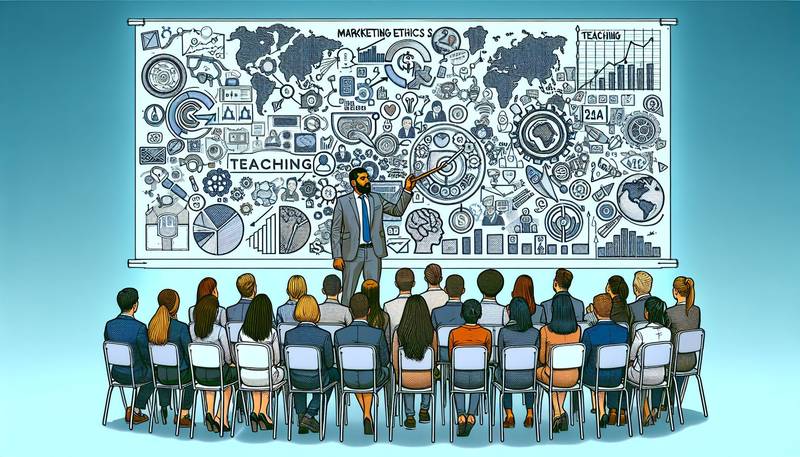
Challenges and Solutions in Teaching Marketing Ethics
- 2023-12-04T00:00:00Z

The Importance of User Experience (UX) in Marketing
- 2023-12-10T00:00:00Z
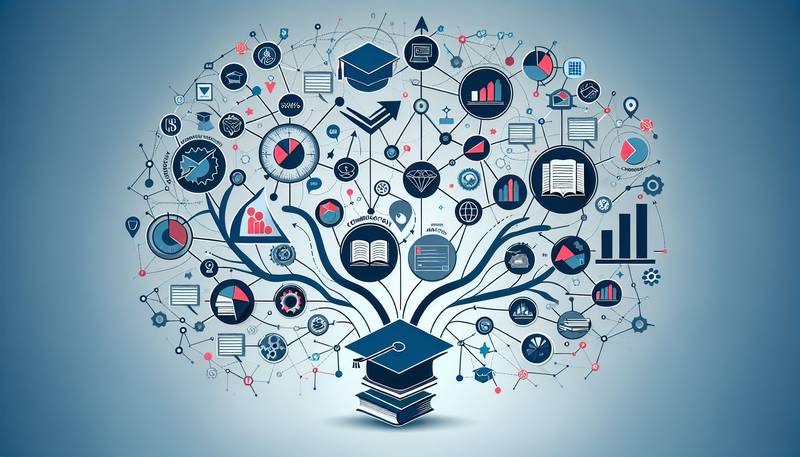
Direct Marketing Techniques in the Educational Curriculum
- 2023-12-21T00:00:00Z
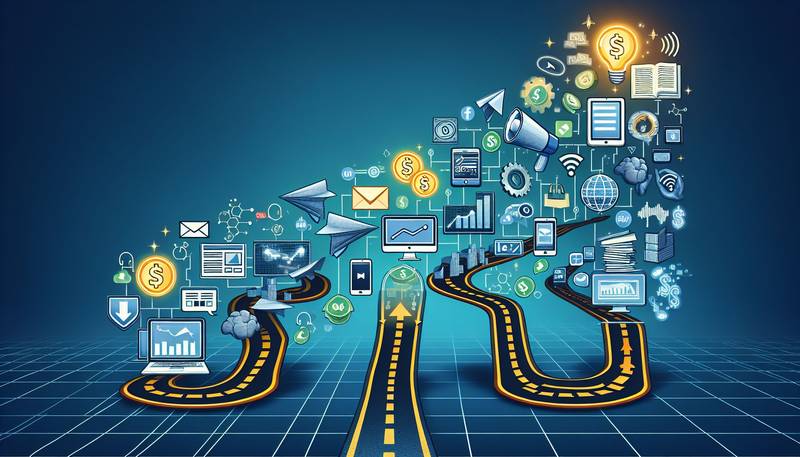
The Evolution of Marketing Education in the Digital Era
- 2023-12-14T00:00:00Z
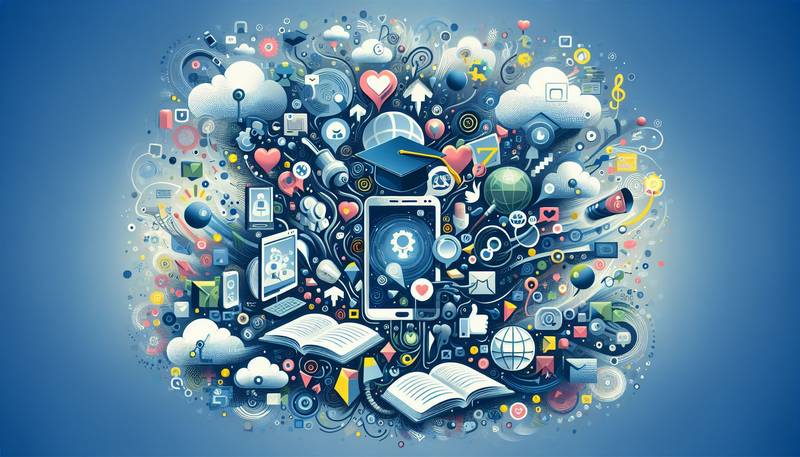
The Role of Social Media in Modern Marketing Education
- 2024-03-10T00:00:00Z
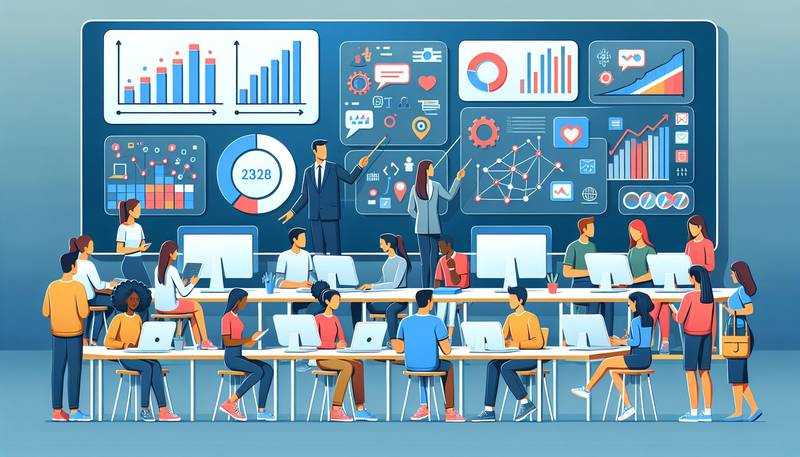
Digital Advertising: A Core Subject in Marketing Education Today
- 2024-02-02T00:00:00Z
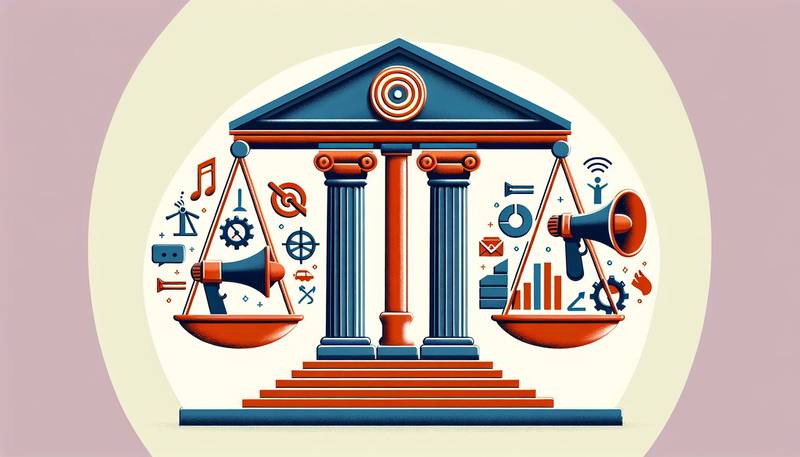
Teaching the Legal Aspects of Marketing
- 2023-12-04T00:00:00Z
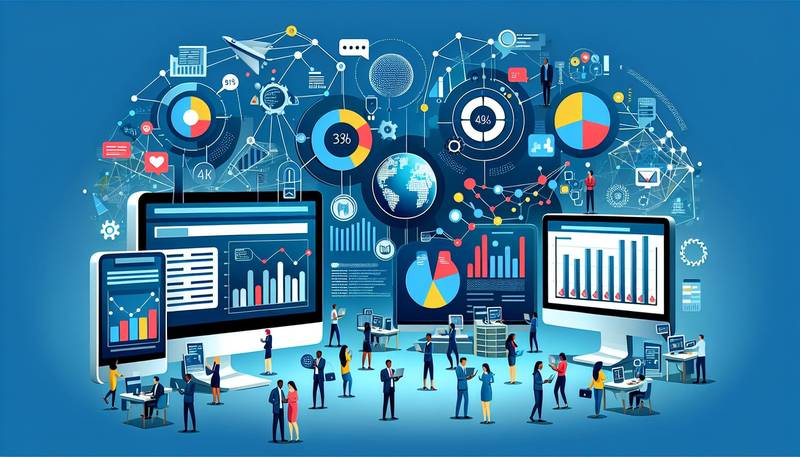
Web Analytics and Digital Insights for Marketing Professionals
- 2024-01-05T00:00:00Z
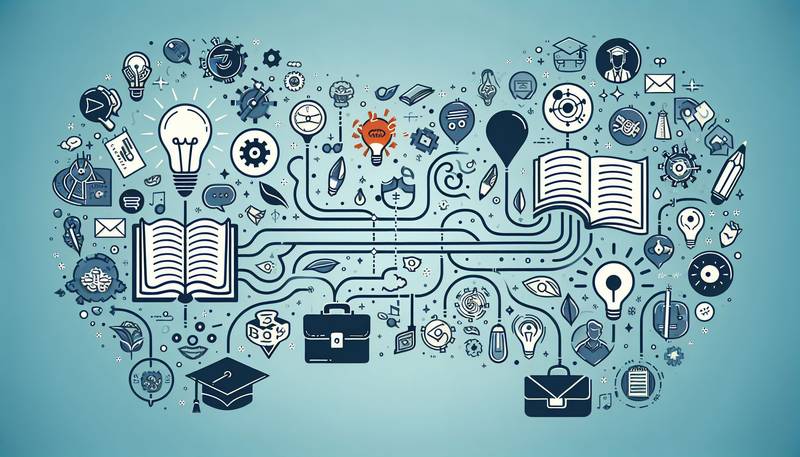
The Role of Storytelling in Effective Marketing Education
- 2023-12-26T00:00:00Z

Sustainability and Ethics in Marketing: Incorporating Modern Values into Education
- 2024-02-23T00:00:00Z
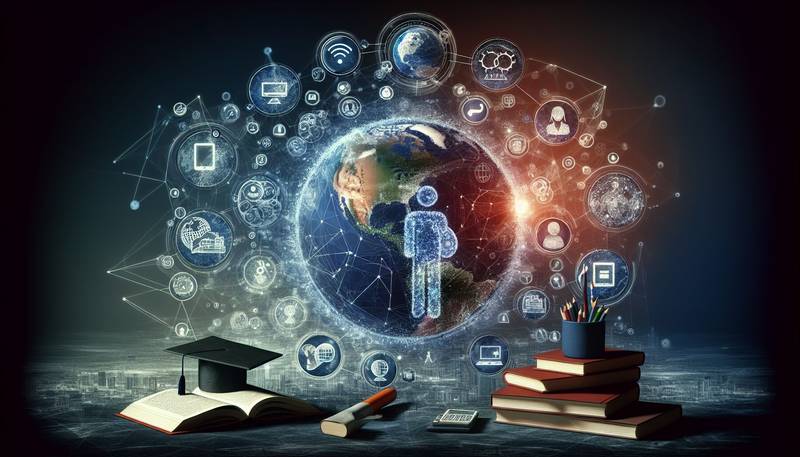
Leveraging Social Media in Marketing Education: Opportunities and Challenges
- 2024-01-08T00:00:00Z

Nurturing Creativity and Innovation in Marketing Students
- 2024-02-13T00:00:00Z
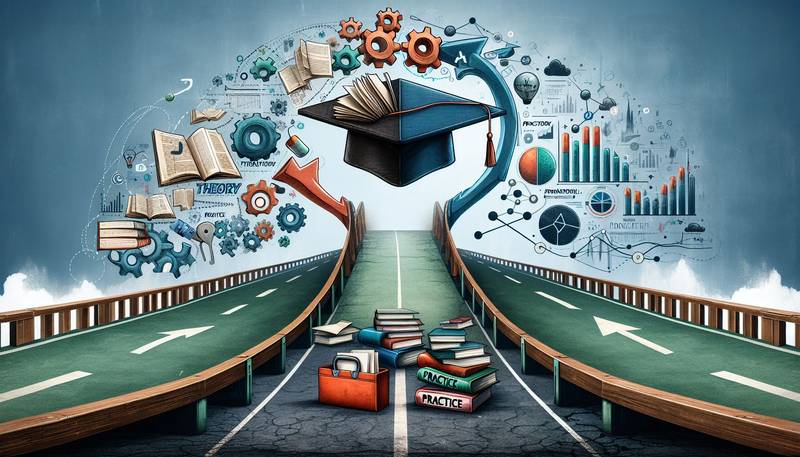
Bridging the Gap between Theory and Practice in Marketing Education
- 2024-01-05T00:00:00Z

The Role of Internships in Enhancing Marketing Education
- 2023-12-25T00:00:00Z
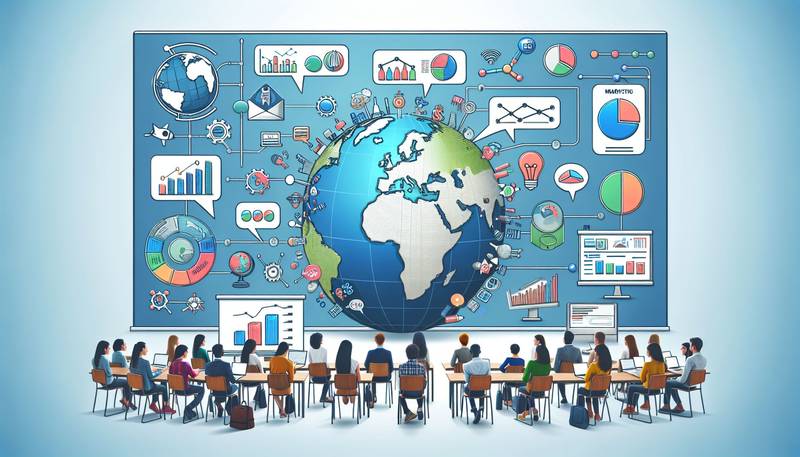
The Importance of Analytics in Marketing Education
- 2024-02-25T00:00:00Z
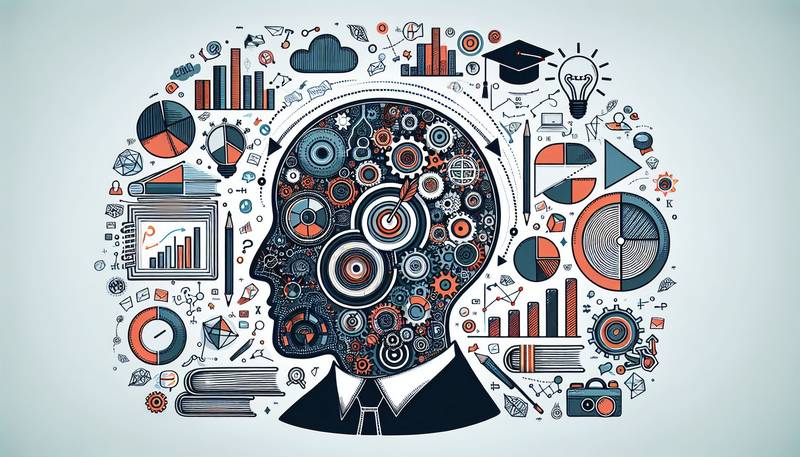
The Role of Design Thinking in Marketing Education
- 2023-12-06T00:00:00Z

The Importance of Creativity in Marketing Education
- 2024-01-16T00:00:00Z
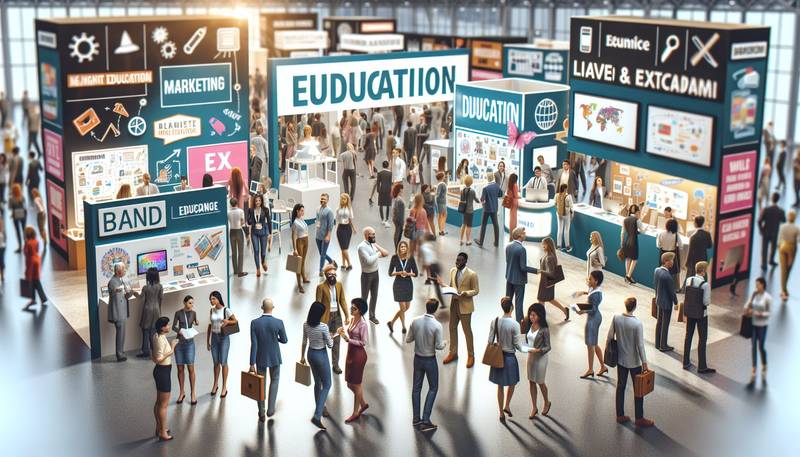
Event Marketing: Education for Memorable Brand Experiences
- 2024-01-21T00:00:00Z

Evaluating Marketing Education: Metrics for Success
- 2023-12-18T00:00:00Z

Global Marketing Strategies: Education for a Borderless World
- 2024-02-07T00:00:00Z

Navigating the World of Affiliate Marketing in Educational Programs
- 2024-01-15T00:00:00Z

The Importance of Networking in Marketing Education
- 2024-01-30T00:00:00Z

B2B Marketing: Developing Skills for the Business Market
- 2023-12-25T00:00:00Z
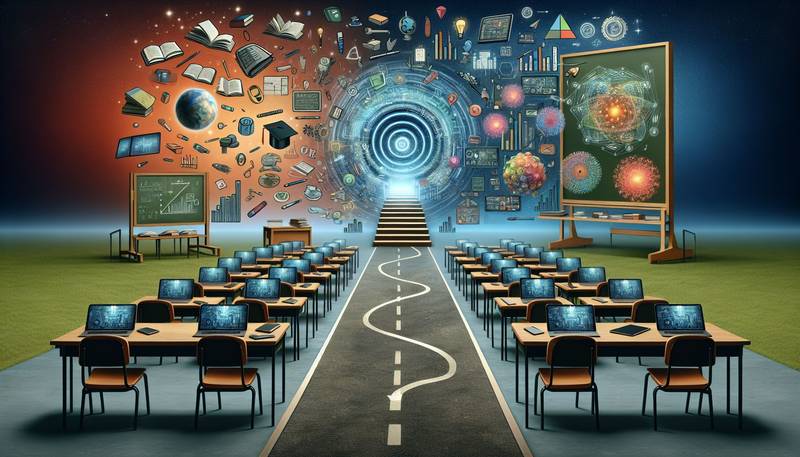
How Technology is Reshaping Marketing Education
- 2024-01-27T00:00:00Z
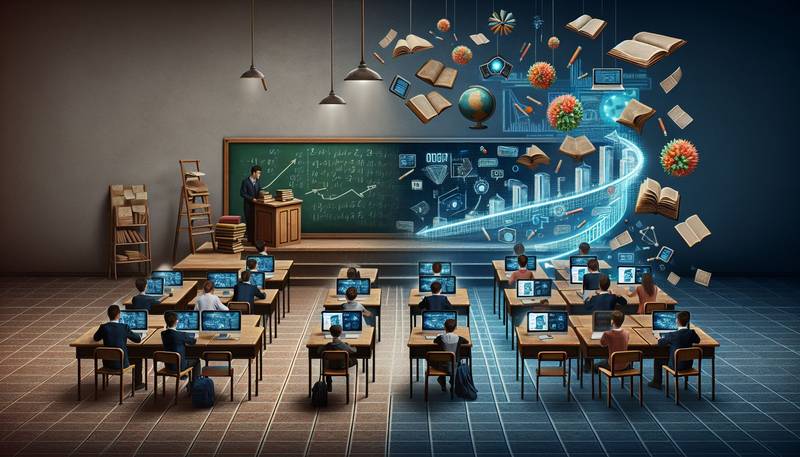
The Evolution of Marketing Education: Preparing Students for a Data-Driven World
- 2023-12-21T00:00:00Z
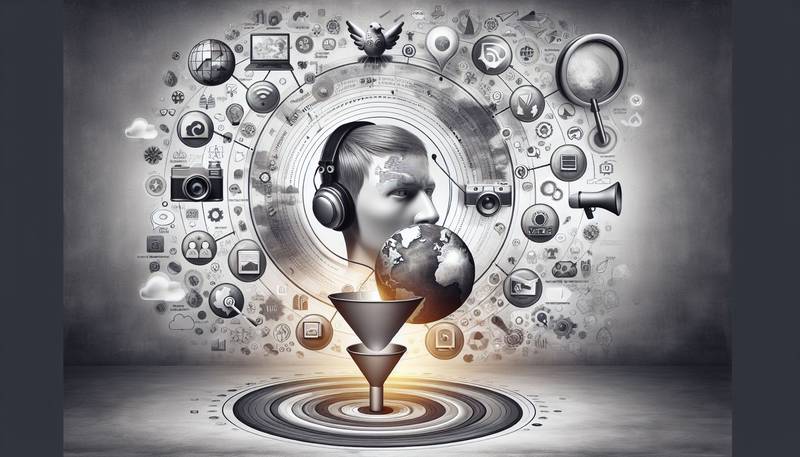
Effective Use of Social Listening Tools in Marketing
- 2024-02-18T00:00:00Z
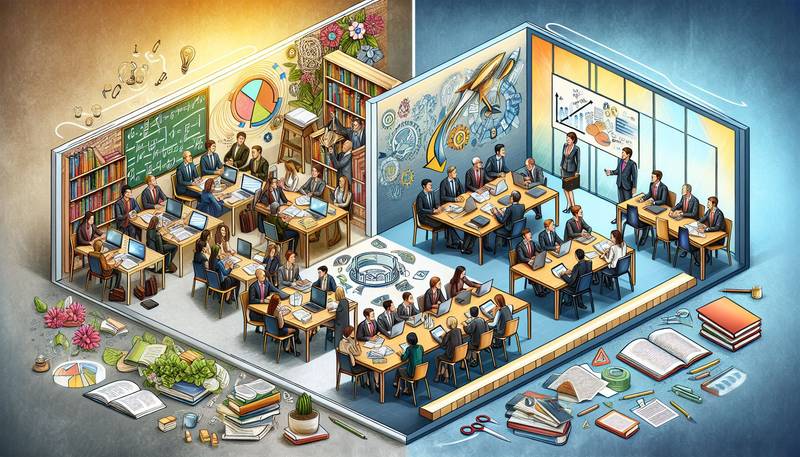
From Classroom to Boardroom: Real-World Applications of Marketing Theories
- 2024-02-04T00:00:00Z
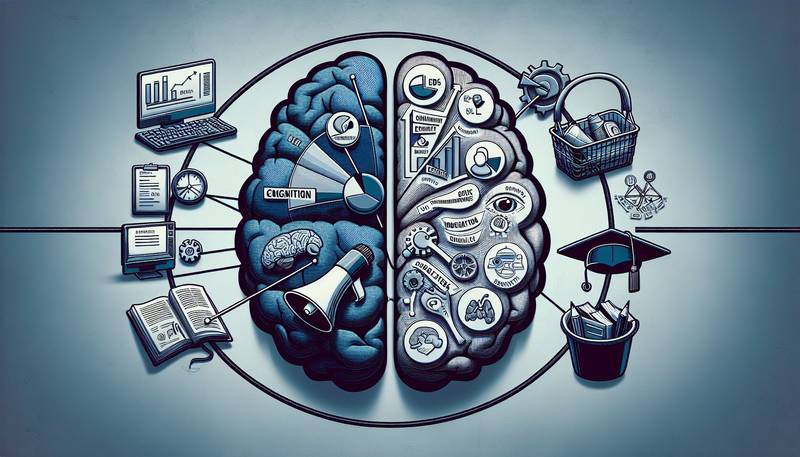
Exploring the Intersection of Psychology and Marketing in Educational Programs
- 2024-02-16T00:00:00Z
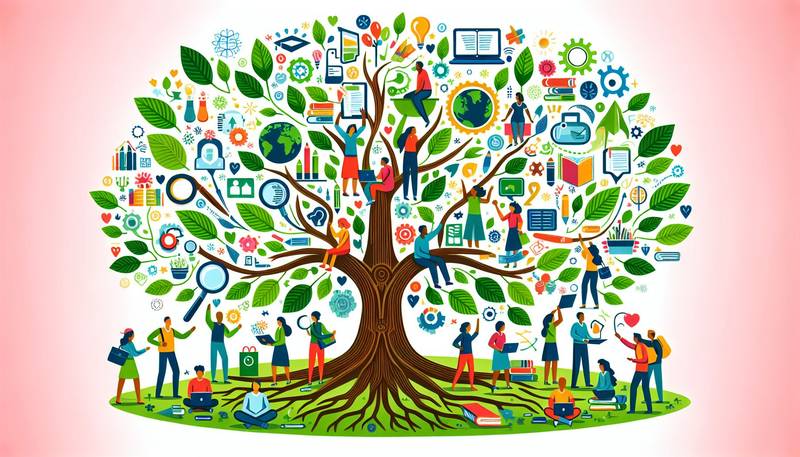
Marketing for Social Impact: Education for Change
- 2023-12-10T00:00:00Z

Lifestyle Marketing: Connecting Brands with Consumers' Lives
- 2024-01-05T00:00:00Z

Developing a Global Mindset through Marketing Education
- 2024-02-23T00:00:00Z
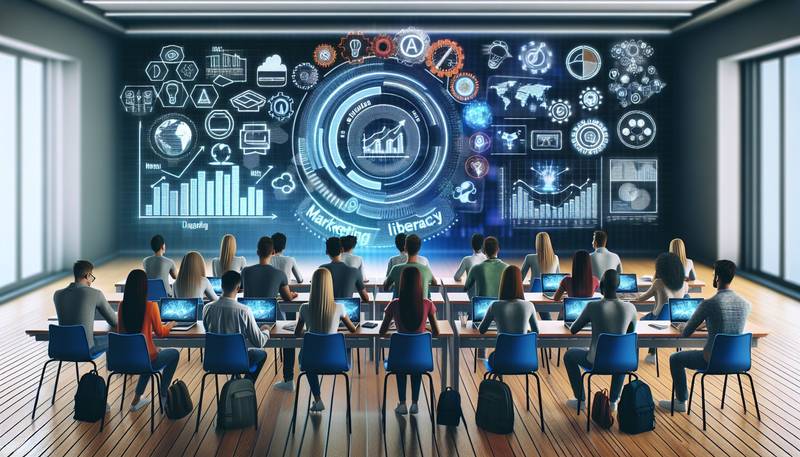
Enhancing Digital Literacy in Marketing Education
- 2024-02-07T00:00:00Z

Adapting Marketing Strategies for the Non-Profit Sector
- 2024-03-04T00:00:00Z

Marketing to Millennials: Challenges and Strategies
- 2024-02-20T00:00:00Z

The Role of Data Privacy in Marketing Education
- 2023-12-19T00:00:00Z
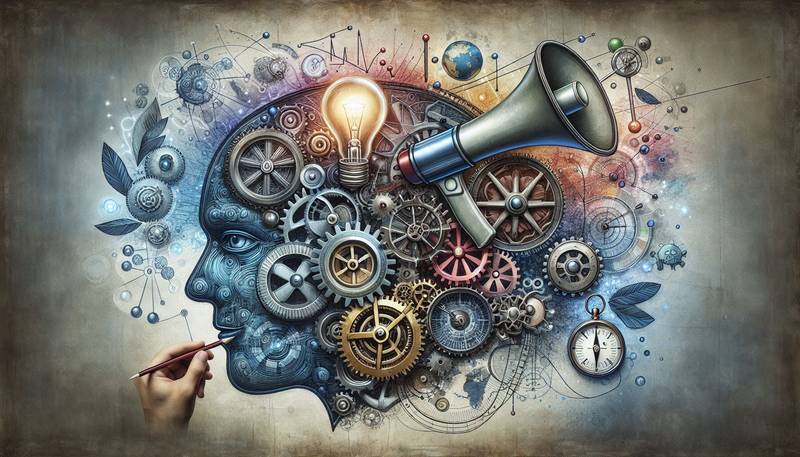
The Art of Convincing: Persuasion Techniques in Marketing
- 2024-02-06T00:00:00Z

Preparing Marketers for the Challenges of Globalization
- 2024-01-25T00:00:00Z

Bridging the Gap: Integrating Digital Tools into Traditional Marketing Curriculum
- 2024-02-04T00:00:00Z

Crowdfunding as a Marketing Tool: An Educational Perspective
- 2023-12-11T00:00:00Z

Navigating the Future of Marketing Education: Trends and Innovations
- 2023-12-08T00:00:00Z

Cultivating Strategic Thinking in Marketers through Education
- 2023-12-06T00:00:00Z
 Marketing Minds: Unleashing Your Potential in the Modern Age
Marketing Minds: Unleashing Your Potential in the Modern Age